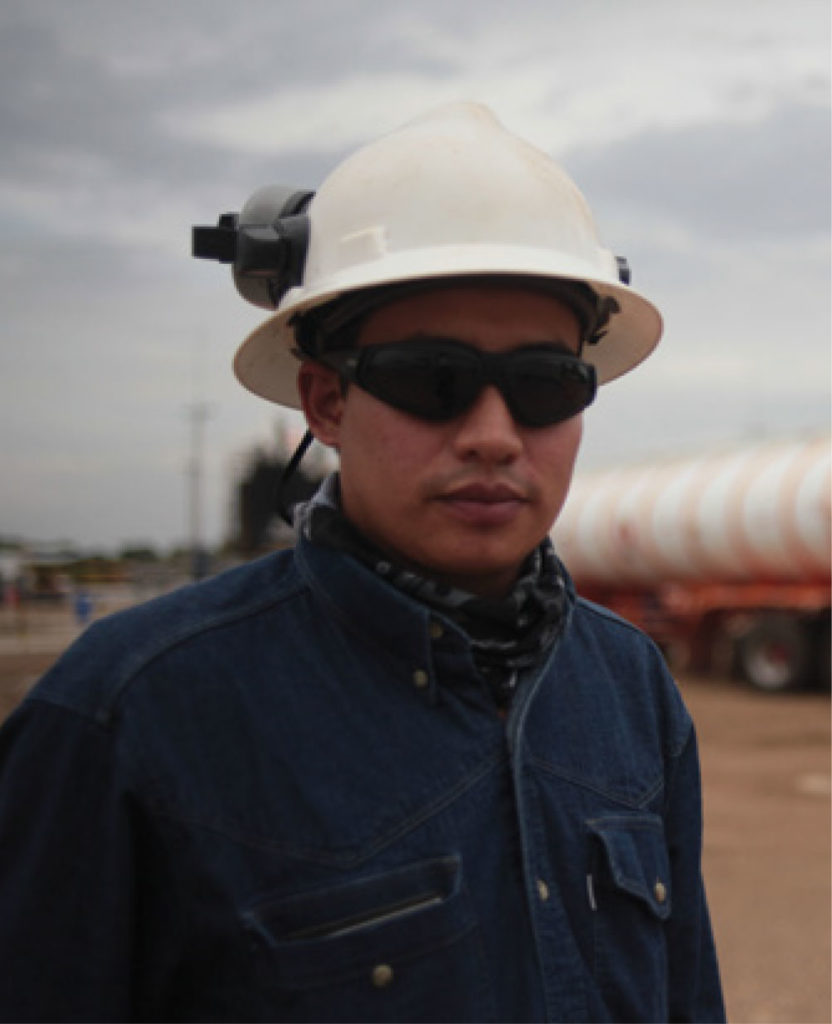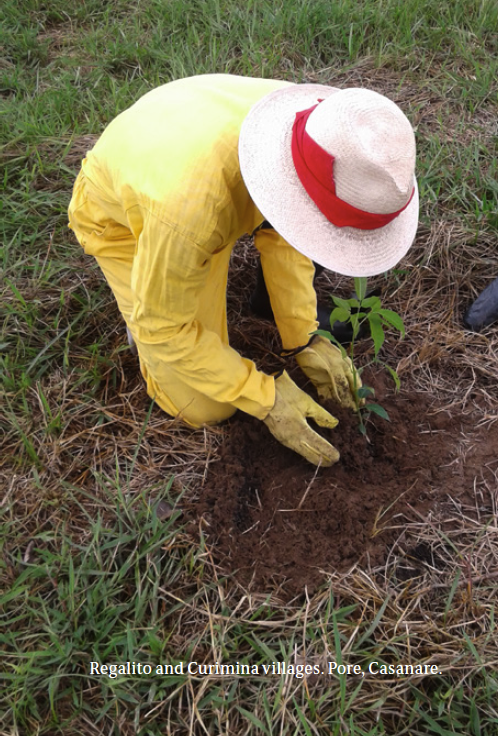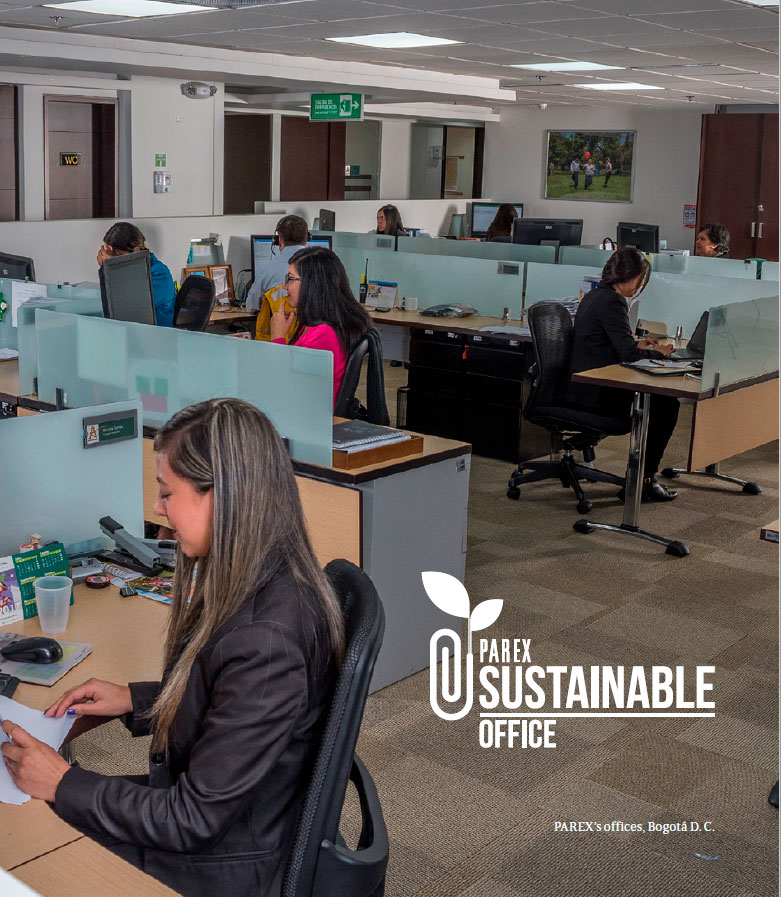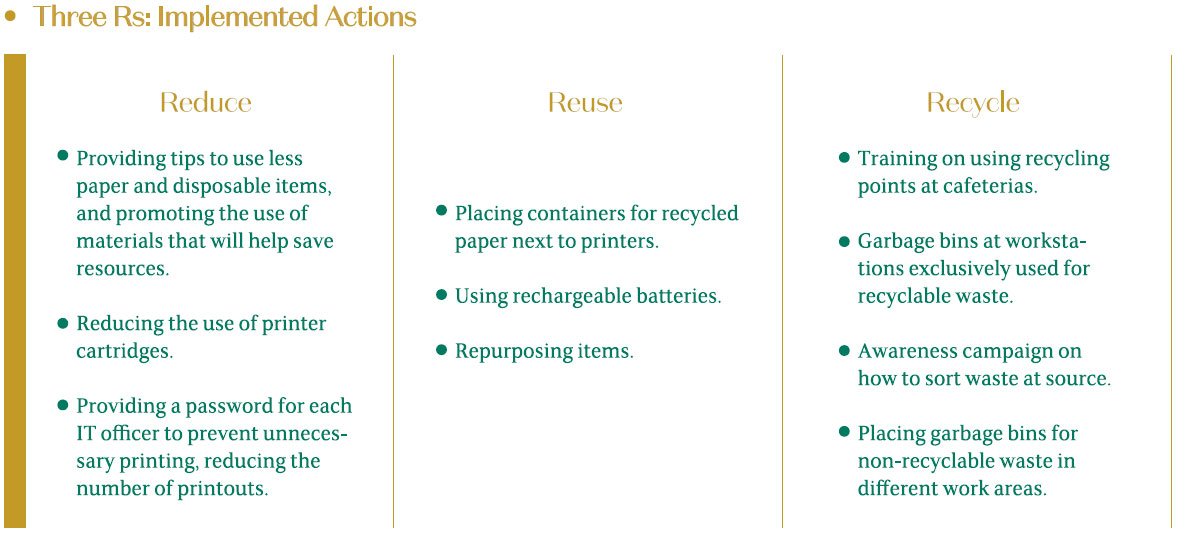Environmental management at PAREX is comprehensive. Caring for natural resources and ecosystem biodiversity that coexist with our operations requires special attention and environmental management strategies. We have developed an environmental baseline study of physical, biotic, and socioeconomic components to ensure environmental sustainability and compatibility with operations.
In addition, we consider the International Union for Conservation of Nature Red List, to be the most comprehensive inventory of the conservation status of plants and animals on a global scale. Resolution 383 of 2010 of the Colombian Ministry of the Environment is used for the identification of sensitive species and proper environmental management during exploration and production activities.






